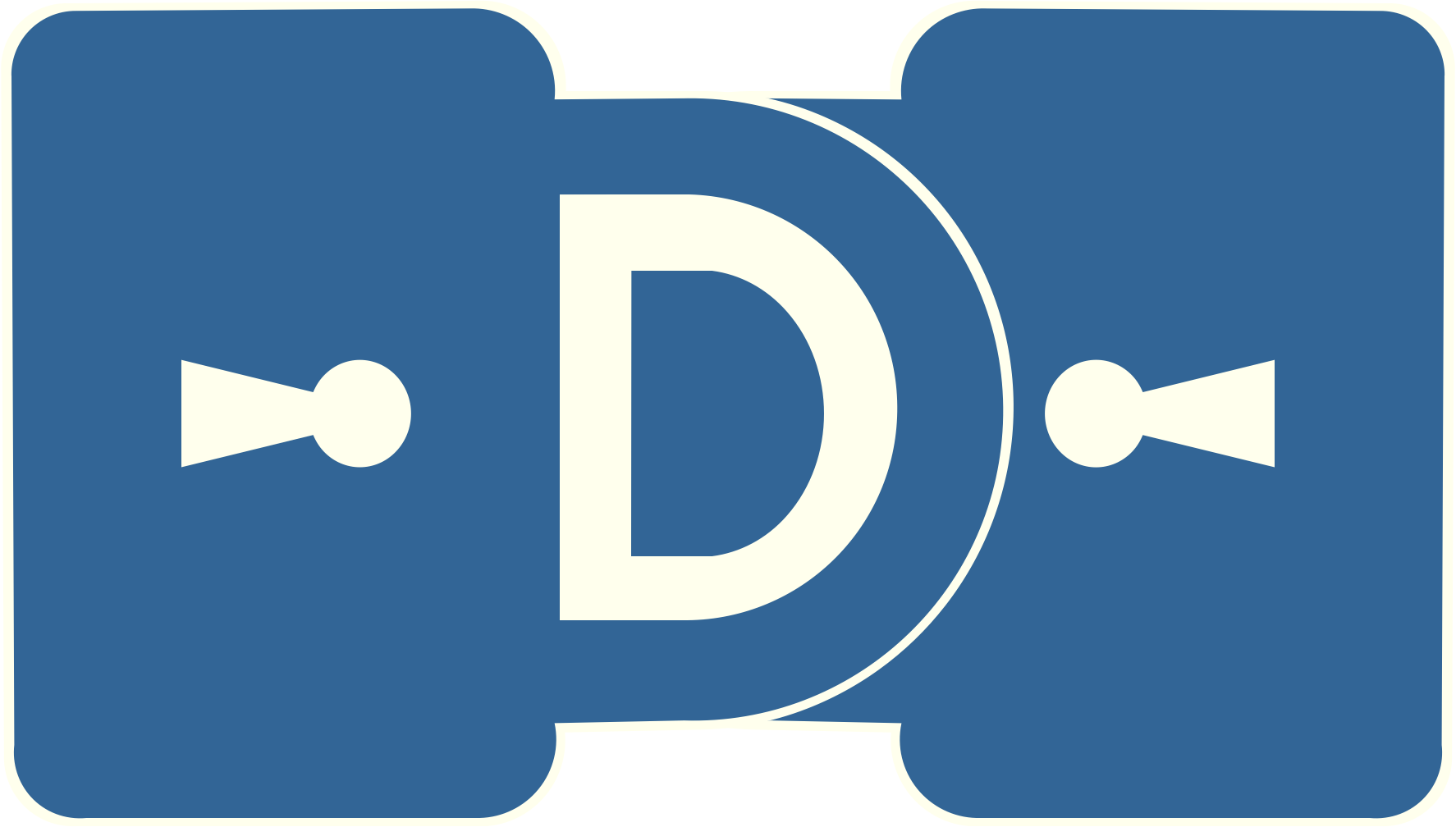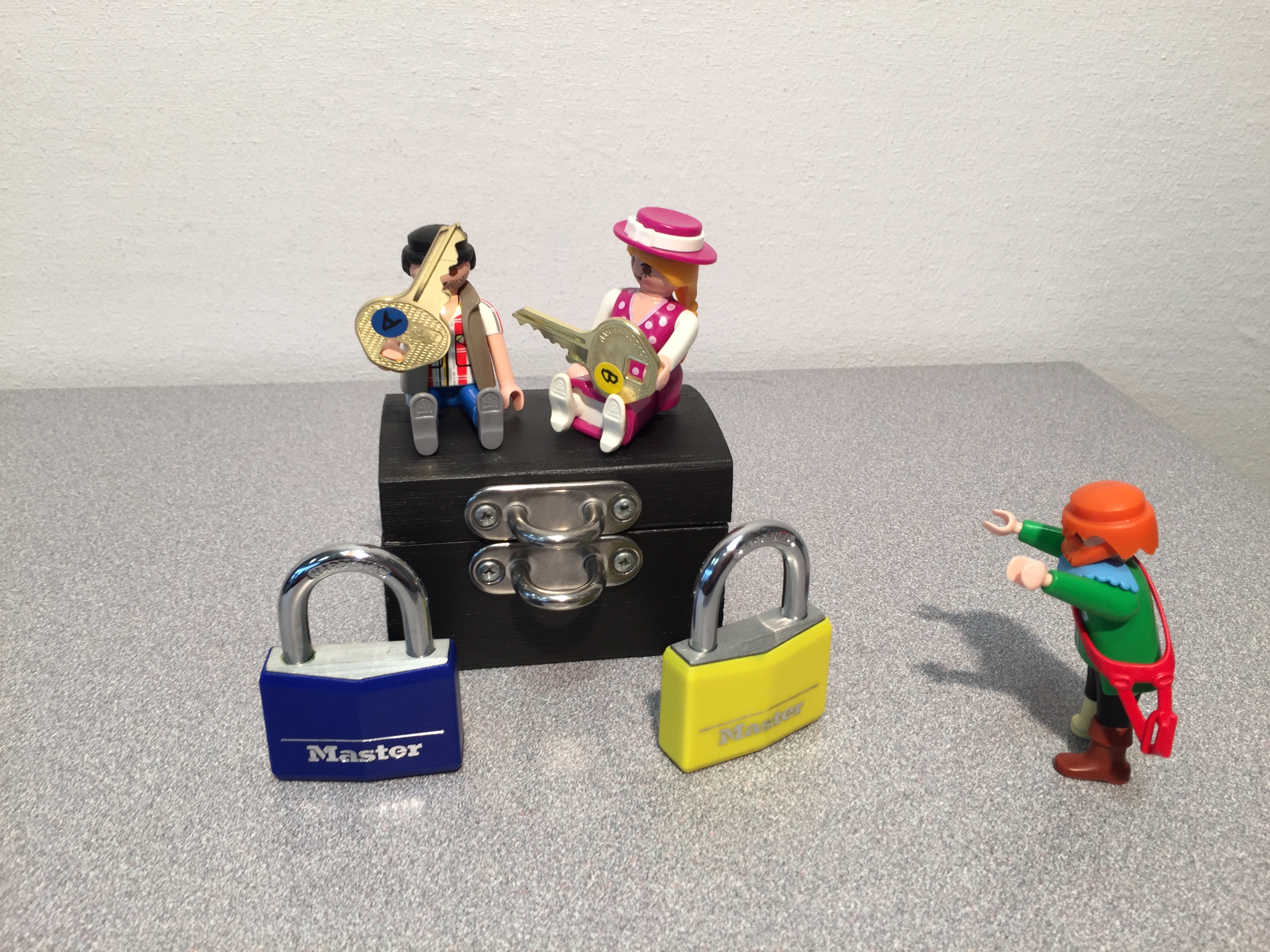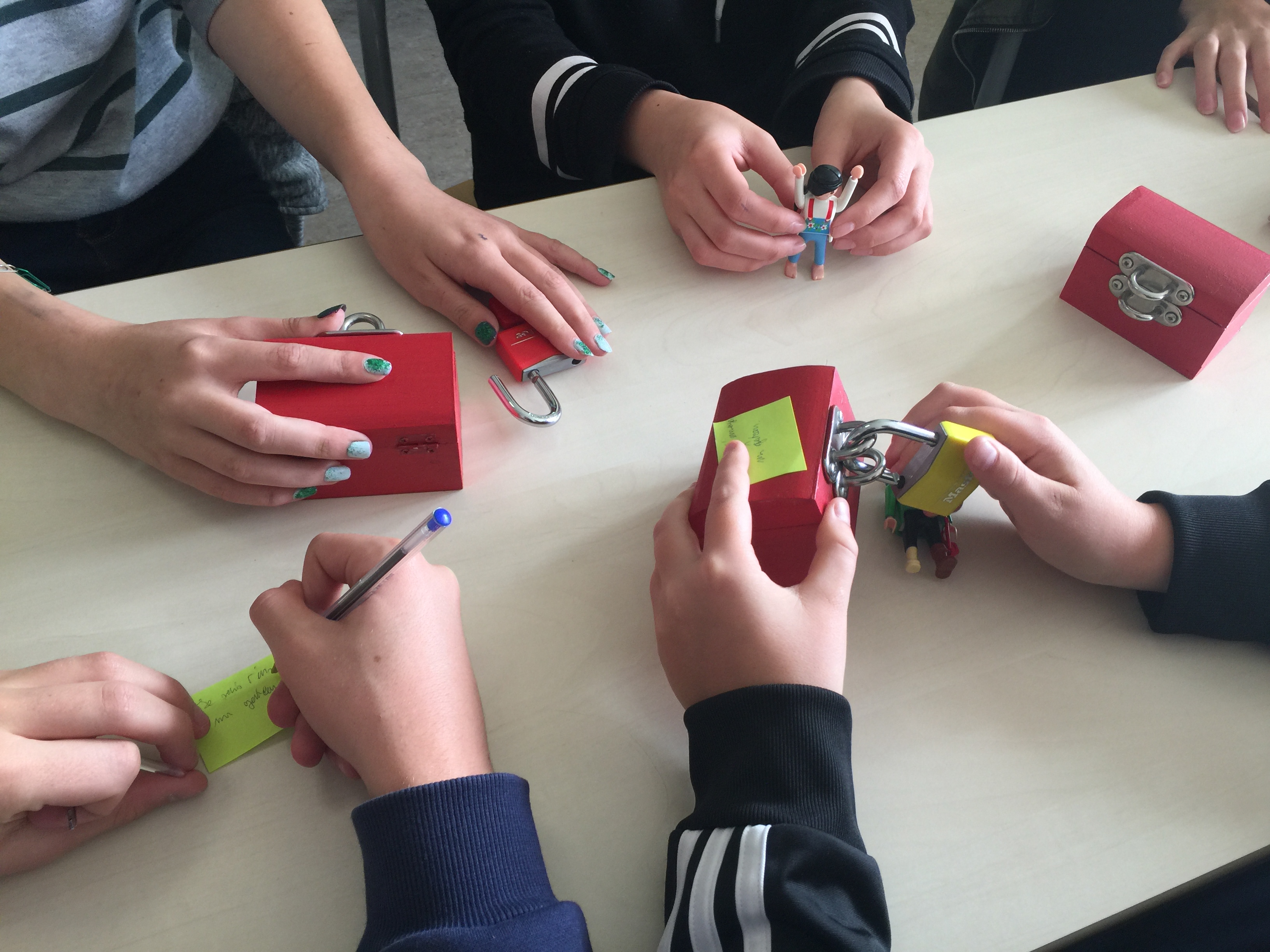Other project contributions
 Tidy prover
Tidy prover
A verification front-end for systems with quantitative values
started in 2022
 The DeepSec prover
The DeepSec prover
A push-button tool for analysing privacy in security protocols
joined in 2017
 The Everest Project
The Everest Project
A fully verified https stack
2019
Scientific popularisation
Hey Grandpa, this time *I* will tell you a story
somewhat since 2018

